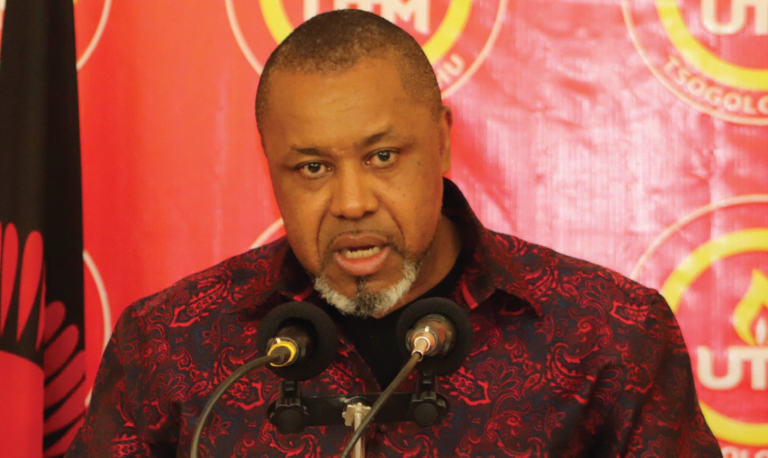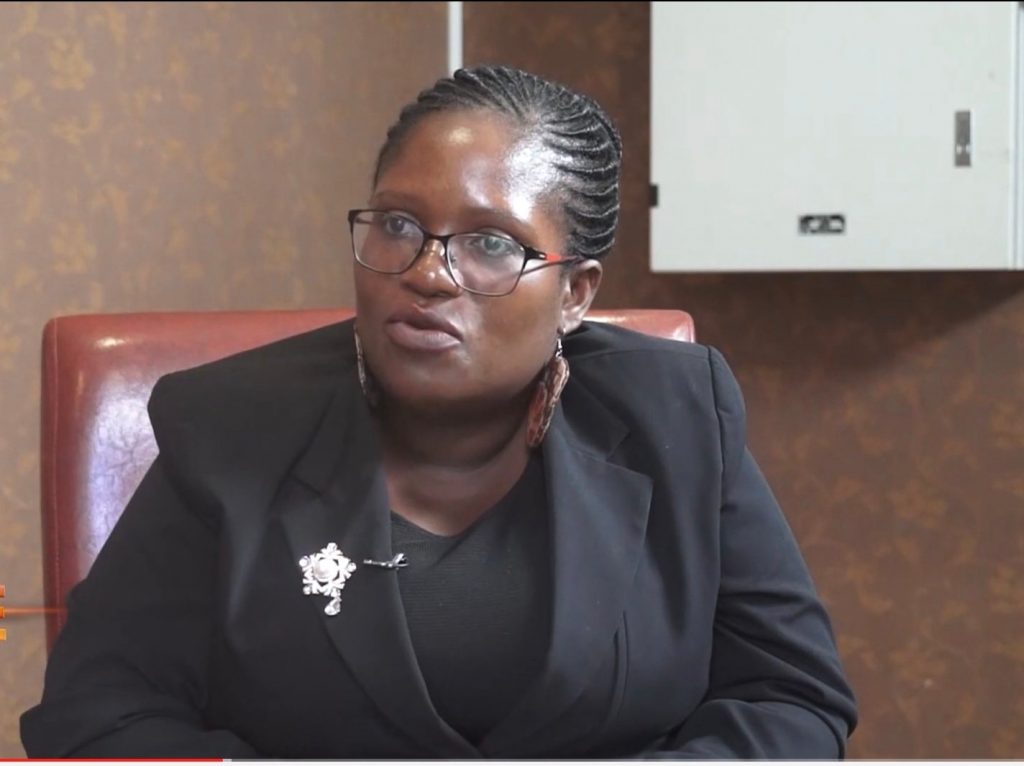Lawyers doubt SKC 2025 bid
Vice-President Saulos Chilima’s intent to vie for the presidency in 2025 has revived debate on his eligibility as some legal minds believe President Lazarus Chakwera holds one of his two available options.
The lawyers base their position on a 2009 Constitutional Court ruling on presidential term limits which could stand in Chilima’s way after serving two terms as the country’s Vice-President.

The lawyers said there were two options for Chilima the first being the President moving the Malawi Supreme Court of Appeal to interpret that ConCourt ruling. The second option, others suggested, is for Chilima to submit his nomination papers to the Malawi Electoral Commission (MEC) and thereafter challenge his disqualification in court.
The 2009 judicial review ruling by the ConCourt stipulates that the Constitution limits the President as well as first and second-vice presidents to serve only two five-year consecutive terms. By 2025, Chilima will have served the two terms.
In an interview on Tuesday, legal scholar Dr. Benardette Malunga, who teaches law at the University of Malawi (Unima), said the judgement was a law in itself.
She said Malawi has various laws including some emanating from statutes and others from court judgements.

Malunga said: “You cannot wish such judgements away unless reversed under a competent court of law. Even if some people do not agree about that judgement, the fact of the matter is that it was made and it hasn’t been challenged.
“Chilima was not a party to that case and I wouldn’t think that he was the right person to move the court at the moment. At a time when candidates are presenting nomination papers to MEC in 2025, and he is rejected, at that point he may be able to go to court.”
She said the President, using Section 89(1)(h) of the Constitution may refer some issues to court for interpretation, but it was unlikely that Chakwera would move the court under the current circumstances.
Malunga said: “I don’t think the President would do that taking into account that he is also an interested party and may want to contest in 2025 and that would present a tricky situation for him. Chakwera would rather leave it like that and wait for what MEC will say.”
In a separate interview, Unima professor of law Garton Kamchedzera said if there was legal wisdom on the part of Chilima to contest in 2025, one would have expected that he does not get barriers when that time comes.
He said: “It might happen that someone will read the case and say this was determined by the court and has not been disapproved and challenge his candidature and may be even MEC doing that.
“Legal wisdom would have required the Vice-President to do some work on that so that he can clear a path.
“The lack of wisdom has become even more apparent because he will need a Presidential Referral for the court to clarify that. So, if you pick up a quarrel too early with the President, politically the President will be constrained from referring the case because his supporters will question why he is helping his enemy.”
Kamchedzera said the excerpt on terms for the Vice-Presidents in the 2009 case was not part of the ruling, but an explanation of the law such that if someone disapproves they can seek court redress.
He said: “The alliance may say go ahead, but during presentation of papers, the chairman of MEC will have to check whether he is eligible, and even if MEC accepts him, his opponents may question his eligibility.”
Former Attorney General Charles Mhango said Chilima was ill-advised in 2020 and the best for him was not to contest at that time.
He said: “Dr. Chilima did not think through this with his legal team in terms of the implications of serving a second term in the office of the Vice- President. That agreement, therefore, cannot hold water.”
Mhango said it would not even be ideal for Chilima to resign as Vice-President to contest in 2025 as that would mean that if elected, he would be in the office of the presidency for over 10 years.
The ConCourt ruling, which followed an application by former president Bakili Muluzi and his United Democratic Front after the MEC rejected his third-term presidential nomination, in its literal interpretation also restrains any presidential candidate from picking a vice-president or second vice-president as their running mate if they served the maximum two terms.
Delivering their judgement on May 16 2009, the three judges, Edward Twea, Healey Potani and Michael Mtambo, took substantial time to interpret tenure of office in the presidency and said the Constitution limits the terms of a person who has served as “President, First Vice- President or Second Vice-President, to a maximum of two consecutive terms”.
The judges said: “Ordinarily, a Vice-President would be eligible to contest for the office of the President when the President’s tenure comes to an end. However, our Constitution bars this. If this were not so, one could, in ascending order, be a second-Vice President, then be a First Vice-President and then the President, or, in descending order, be the President, First Vice -President and then the second Vice-President. This, in effect, would have permitted a person to serve the presidency for 30 years or more.”
Chilima, who joined frontline politics when former president Peter Mutharika named him as his running mate in 2014, has openly stated his ambition to vie for the presidency in 2025.
In the nullified 2019 presidential election, Chilima came third after he polled one million-plus votes with Chakwera’s second and Mutharika first.





